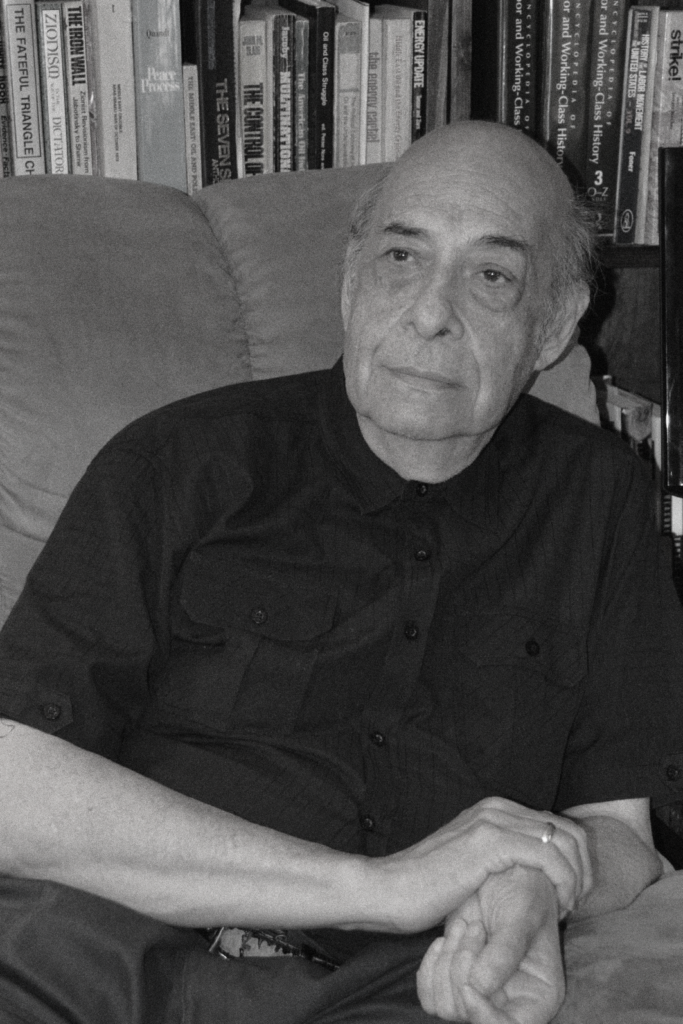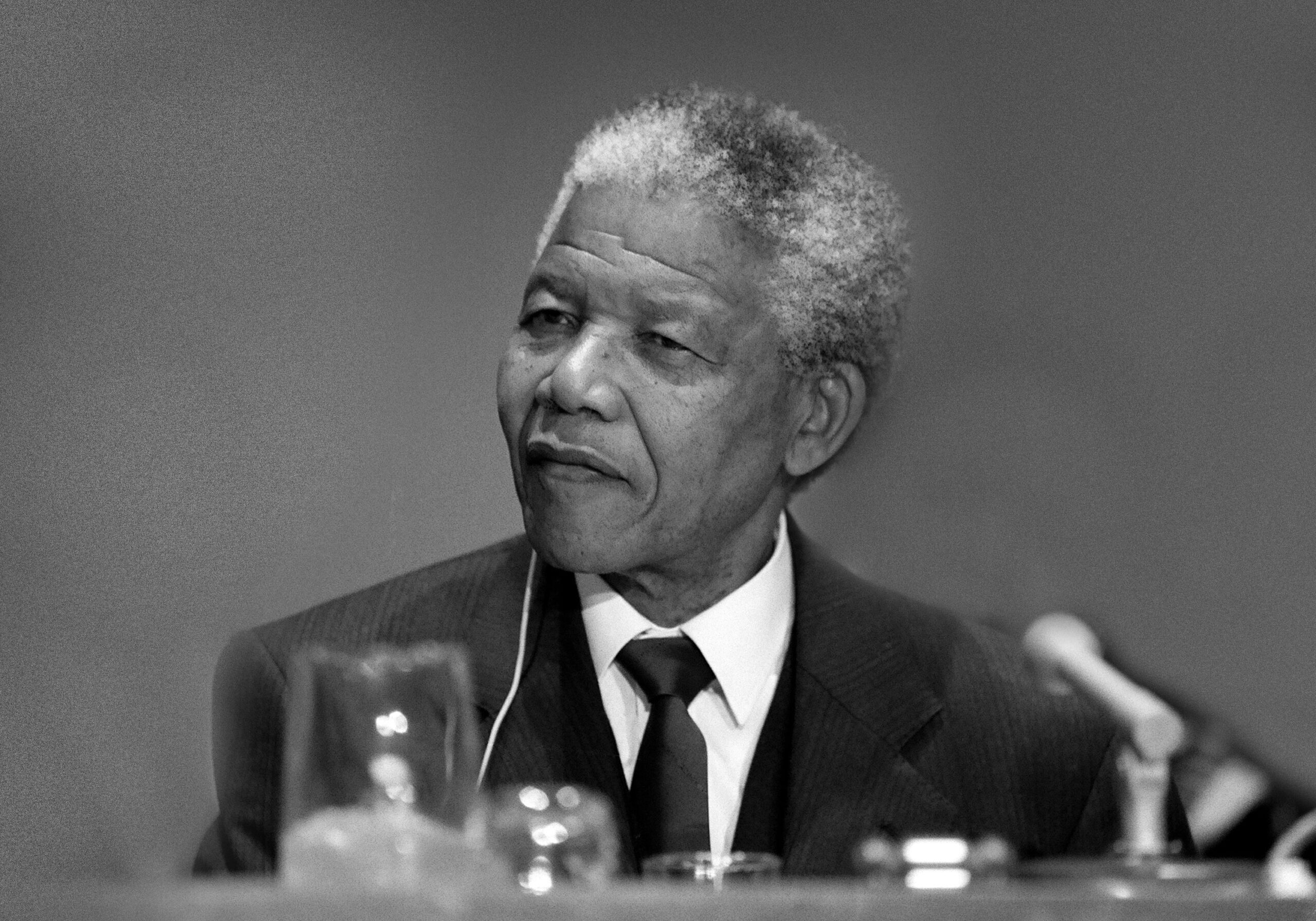

Joseph G. Kaye has participated in a variety of social justice organizations and causes for over half a century. His writings have appeared in Haiti Progress, The National Guardian, and numerous other periodicals over the years.
Currently, he is working on Elements of Dialectics for the Political Activist while continuing his daily focus on the history of African-Americans & the Centrality of Racism.
-
Two Lines of Thought on the Middle East Peace Process
The debate around the peace process essentially rages around two lines of thought. The first line, pragmatic, considers that it is basing itself on realities, very harsh and painful realities. They see that the US has won a huge victory in the Gulf War, that the war has had disastrous economic effects on the Palestinians,…
-
The Holocaust & Israel
After the mounds of bones at Auschwitz, the incinerators and gas chambers, we understood those who said, “Never Again!“ We thought we understood. Except while saying, “Never Again!” they told the Palestinians they could not become citizens of the state called Israel, explaining to the world that the Jews, a chosen race of people, had…
-
Black Youth in Struggle
Originally written as a Letter to organization of revolutionary Black youth – 1980s The time is ripe and the time demands that African-American revolutionary leadership take on the full measure of political responsibility that history is increasingly thrusting upon it. What follows from the idea the centrality of the struggle against racism and the centrality…
-
The Role of Black Activists in the General Movement
It is vital to all like-minded African-American activists to discuss the building of a Left Pole in the again-revived National Liberation movement, with a focus on these functions:
-
Pressure Politics
Context – Critique of an interview given by Jim Haughton on 99.5 WBAI, September 1990. Haughton said the main task was to be able to bring to bear sufficient pressure from the African-American community on Mayor Dinkins to counter the enormous pressure he faces from the powerful interests, that Dinkins wanted to do the right…
-
Anti-Racism & Class Struggle
Every society has a class configuration, and it is the interests of those classes and their mutual contention which explains social dynamics. The history of the world is the history of class struggle. The reasons for strife between nations, between ethnic, religious, racial groupings, lies in the material interests of the dominant classes of one…
-
The Attack on the Moncada Brigade and the Battle of New York City
On July 26. 1953, before many of us were even born, a small group of Cuban patriots led by Fidel Castro attacked an army barracks called Moncada. The attack was put down and many of the patriots were murdered after being taken prisoner. Fidel Castro was himself captured, put on trial and sentenced to over…
-
Mandela: An Example of Principled Leadership

Analyzing an excerpt from Nelson Mandela’s The Long Walk to Freedom, addressed to the New African Voices Alliances in the late winter of 1990. I thought I might use the speech of Nelson Mandela as an example of what good revolutionary leadership is. Everyone has noted his remarkable strength and dignity, notwithstanding the ordeal of…
-
Nelson Mandela – An Example of Principled Leadership
I thought I might use the speech of Nelson Mandela as an example of what good revolutionary leadership is. Everyone has noted his remarkable strength and dignity, notwithstanding the ordeal of almost 28 years in a South African prison. I stand here before you not as a prophet but as a humble servant of you,…
